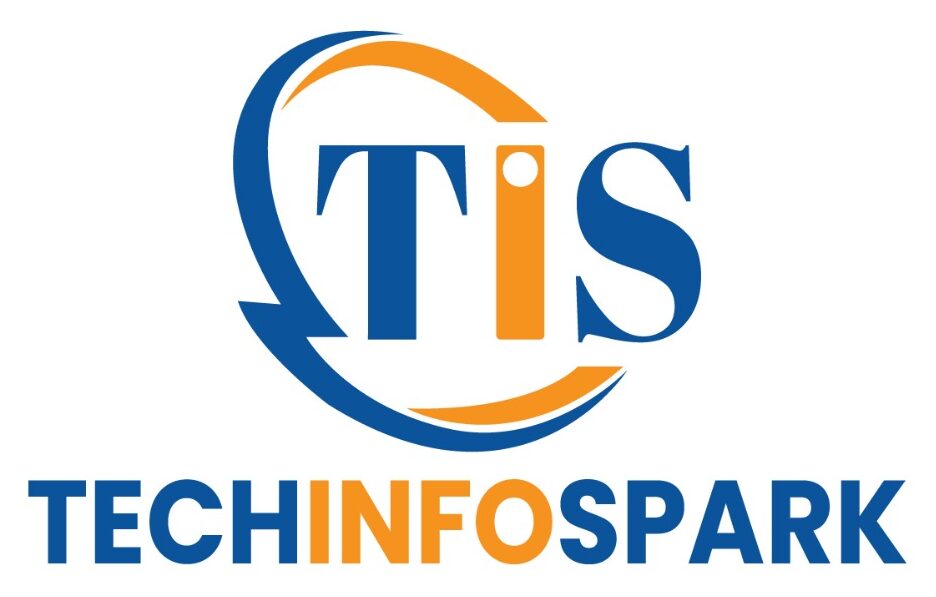The tech landscape is evolving at a breakneck pace, with groundbreaking innovations and strategic shifts redefining industries. This week brought major tech breakthroughs, showcasing innovation and hinting at future industry directions and trends.
From AI leaps to quantum computing milestones, these 5 Tech News Headlines Shaping the Future are driving major change across the tech landscape.
Google’s AI-Powered Search Revolution
At the Google I/O 2025 conference, Google unveiled a transformative update to its core Search product: the “AI Mode.” This feature introduces a conversational interface, allowing users to engage in more natural, complex queries. Google is integrating generative AI to modernize its search, offering smarter, more conversational experiences for users worldwide. This strategic move responds to rising competition from AI-driven platforms such as OpenAI and Anthropic, reshaping digital search dynamics.
In addition to AI Mode, Google introduced “Gemini,” its next-generation AI assistant set to replace Google Assistant. Gemini Live integrates camera, voice, and web data for real-time task execution. Other notable launches include AI-powered tools like Flow for moviemaking and Imagen 4 for detailed image generation.
Why It Matters: Google’s shift towards AI-centric tools signifies a broader industry trend where search and productivity tools are becoming more intuitive and context-aware. This evolution is poised to redefine user interactions with digital platforms.
Elon Musk’s xAI Introduces Grok 3
Elon Musk’s AI company, xAI, recently introduced Grok 3, a powerful model outperforming GPT-4o in technical fields. This advanced AI excels in mathematics, science, and software tasks, showcasing major progress in artificial intelligence capabilities. However, Grok 3 access remains restricted to premium X (formerly Twitter) subscribers, limiting broad public availability. The exclusivity has sparked growing concern about equitable AI access and widening the existing global digital divide.
Why It Matters: The introduction of Grok 3 underscores the rapid advancements in AI capabilities. However, the exclusivity of access highlights ongoing debates about equitable AI distribution and the implications of monetizing advanced AI tools.
IBM Achieves Quantum Computing Milestone
IBM has announced a significant breakthrough in quantum computing with the unveiling of its “Condor” processor, the first quantum computer to achieve 1,000 qubits. This advancement represents a monumental step forward in computational power, potentially enabling solutions to problems previously deemed unsolvable with classical computers.
Why It Matters: Quantum computing holds the promise of revolutionizing fields like cryptography, drug discovery, and climate modeling. IBM’s achievement brings us closer to realizing the practical applications of quantum technology.
Meta’s Strategic Shift Towards AR Glasses
Meta has laid off over 100 employees from its Reality Labs division, signaling a strategic pivot from full-scale virtual reality (VR) projects to augmented reality (AR) initiatives. The company is now focusing on developing sleeker AR-first hardware, such as its Ray-Ban smart glasses, aiming for faster scalability and broader consumer adoption .
Why It Matters: Meta’s shift reflects a broader industry trend favoring AR over VR, emphasizing the potential of AR to integrate seamlessly into daily life and offering new avenues for immersive experiences.
Amazon’s Kuiper Project Challenges Starlink
Amazon has launched the first satellites of its Kuiper constellation, aiming to provide high-speed internet from space and directly competing with Elon Musk’s Starlink service. With plans to deploy over 3,200 satellites, Amazon’s initiative seeks to offer connectivity to remote and underserved regions, despite being behind Starlink in terms of deployment .
Why It Matters: The expansion of satellite internet services promises to bridge the digital divide, offering global connectivity. However, it also raises concerns about orbital congestion and the need for international regulations to manage space-based infrastructures.
Conclusion
This week’s tech developments highlight a dynamic interplay between innovation and strategic realignment. As companies like Google and Meta redefine their core offerings, and as advancements in AI and quantum computing accelerate, the technological landscape is poised for transformative changes. Staying informed about these shifts is crucial for businesses, developers, and consumers alike, as they navigate the evolving digital frontier.
From the one and only Team Techinfospark
For more tech blogs, visit our website: Tech Info Sparks



